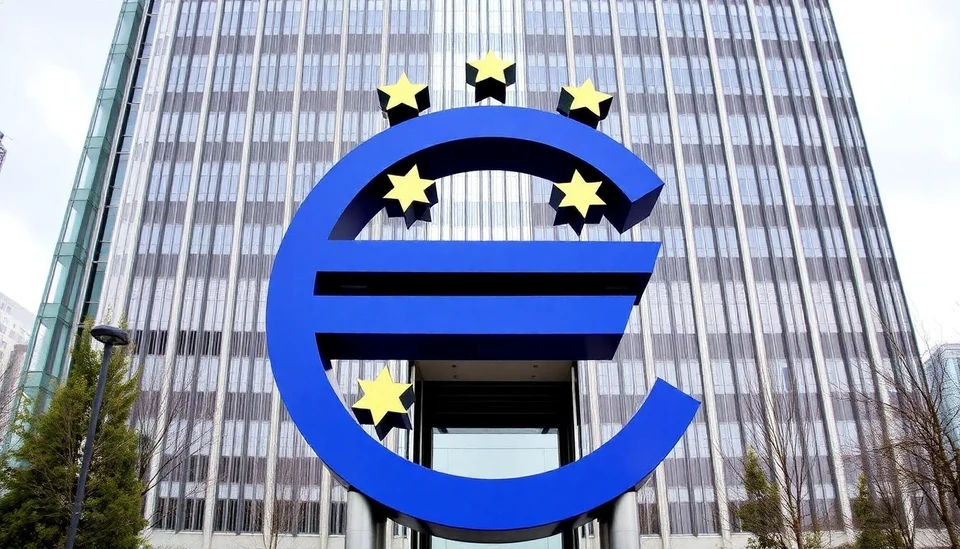
In a recent interview with CNBC, Bundesbank President Joachim Nagel emphasized the European Central Bank's (ECB) commitment to maintaining a flexible approach regarding interest rates, as the Eurozone navigates a complex economic landscape. His comments come in the wake of various economic challenges that have compelled central banks worldwide to reevaluate their monetary policies.
Nagel's remarks reflect the ECB's ongoing assessment of inflationary pressures and economic growth across the region, affirming that the bank is prepared to adjust its strategies as necessary. Since the eurozone's inflation rates have shown signs of volatility, the ECB is keen on ensuring that it responds effectively to any economic shifts that may arise in the coming months.
During the interview, Nagel reiterated the importance of balancing economic stability with the need to address inflation, describing the central bank's current policy approach as “totally flexible.” This flexibility indicates that rather than adhering strictly to a predetermined path of rate hikes or cuts, the ECB is willing to adapt its monetary policy based on real-time economic data.
The Bundesbank President also pointed out that supply chain disruptions and geopolitical tensions have continued to affect economic recovery, emphasizing that these external factors must be considered when making decisions on interest rates. As the ECB grapples with these dynamics, Nagel's focus remains on sustaining growth while controlling inflation, demonstrating a nuanced understanding of the delicate balance central banks must strike.
The central bank has recently raised interest rates in a bid to tackle higher inflation, which has been a significant concern for Eurozone economies. However, Nagel’s comments underscore a recognition that economic conditions can rapidly evolve, leading to possible adjustments in the ECB's approach to interest rates in the near future.
As economic indicators fluctuate and the geopolitical landscape shapes financial agendas, Nagel's insistence on flexibility opens the door to various monetary policy scenarios. Market analysts and investors will be closely monitoring the ECB’s future decisions, as they play a crucial role in the broader economic climate within Europe.
In conclusion, the ECB under Nagel’s influence appears poised to tackle future challenges with a readiness to adapt its interest rate policies based on emerging economic realities. This strategy marks a departure from the rigidity seen in some previous monetary policies and reflects an awareness of the need for agility in an increasingly unpredictable global economy.
As the situation develops, stakeholders across various sectors will need to remain vigilant, as the implications of the ECB’s choices could reverberate well beyond the Eurozone.
#ECB #InterestRates #Economy #Inflation #MonetaryPolicy #JoachimNagel #Eurozone
Author: Daniel Foster




